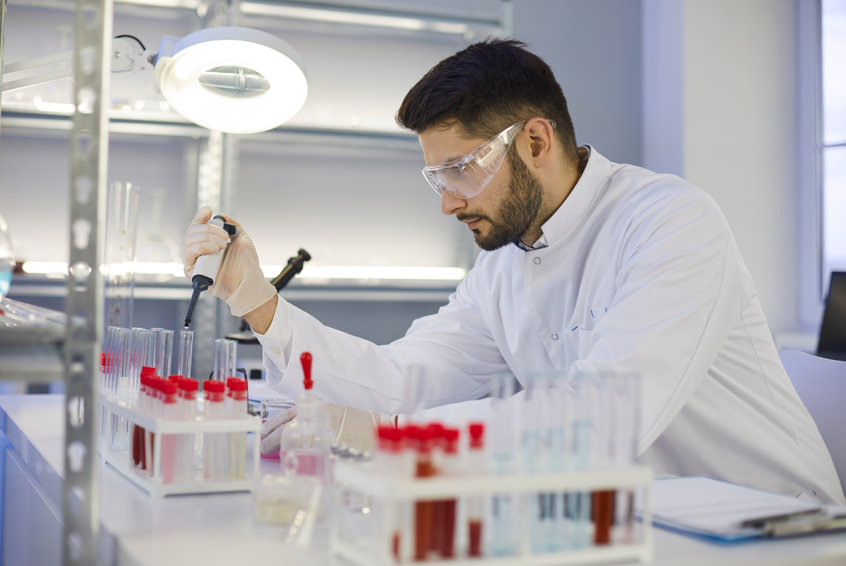The Pharmacy Role
For couples who have struggled with infertility, in vitro fertilization (IVF) could sometimes feel stressful. The same goes for women who decide on egg freezing to delay pregnancy. Both procedures require patients to take extensive fertility medications to prepare the body for egg retrieval. The fertility specialist prescribes a range of drugs specific to the patient at this point in the process. To acquire these drugs, the patient will now need to engage a pharmacist, preferably one with fertility experience.

What are fertility medications?
To increase the chances of pregnancy, the fertility clinic would try to harvest as many viable eggs as possible. Fertility medications help achieve this by increasing levels of specific hormones in the body. These are called gonadotropins, which are taken by injection over several days. Gonadotropins increase follicle-stimulating hormone (FSH) and luteinizing hormones (LH) to produce eggs. In some cases, doctors will prescribe additional drugs. These include clomiphene citrate, dopamine agonists, or Gonadotropin-releasing hormone (GnRH) analogs.
Why do I need a pharmacist?
A large part of fertility treatment involves the patient taking repeated injections of hormone medication at home. That often means constant contact with a pharmacist, preferably with fertility experience. These pharmacists dispense the recommended fertility medication, follow-up with patients, and even form relationships with the fertility specialist. More importantly, if one cycle fails, some women will need to interact with the pharmacist a second time. A close relationship with the pharmacist is often overlooked in the IVF process. This relationship allows women to ask these 3 helpful, making the process smoother.
1. What happens if I miss a dose?
Pharmacists provide the necessary individual medication at the correct dose. Most of these drugs are temperature controlled, with specific administering instructions. The pharmacist can teach the patient the proper steps to consistently take the medications. More importantly, patients may be concerned about the consequences of missing a dose, and missing doses can impact the overall success rate of the cycle. The pharmacist can advise if to skip the dose entirely or if further action will be necessary.
2. How would my fertility medication impact my other medicines?
Almost 50% of Americans take at least one prescription medication. However, adding another drug to the mix can have the opposite effect. In some cases, the medication can cause unwanted interactions. Pharmacists are versed in how drugs affect each other. If there is a particular concern about drug interactions, the pharmacist can recommend a safer alternative.
3. How can I save money on my fertility medication?
Patients need to take IVF medication every day for 10-12 days simultaneously. The course can be expensive, particularly if a patient needs multiple cycles. Insurance covers some fertility treatments, but the rules and benefits can be complicated. Ask the pharmacist about the best way to save money on medications. Pharmacists can connect patients with programs that significantly reduce the price of fertility drugs. Some even work directly with manufacturers and can provide the best prices possible.
Trust your pharmacist
Finding a helpful, reliable pharmacist is essential during fertility treatment. Pharmacists can provide counseling on medication use, interactions, and safety. The best pharmacists also advocate for the patient and get competitive rates on fertility drugs. The goal is to get patients ready for egg retrieval and even implantation. Don’t hesitate to use this fantastic resource to help make family planning a reality.







